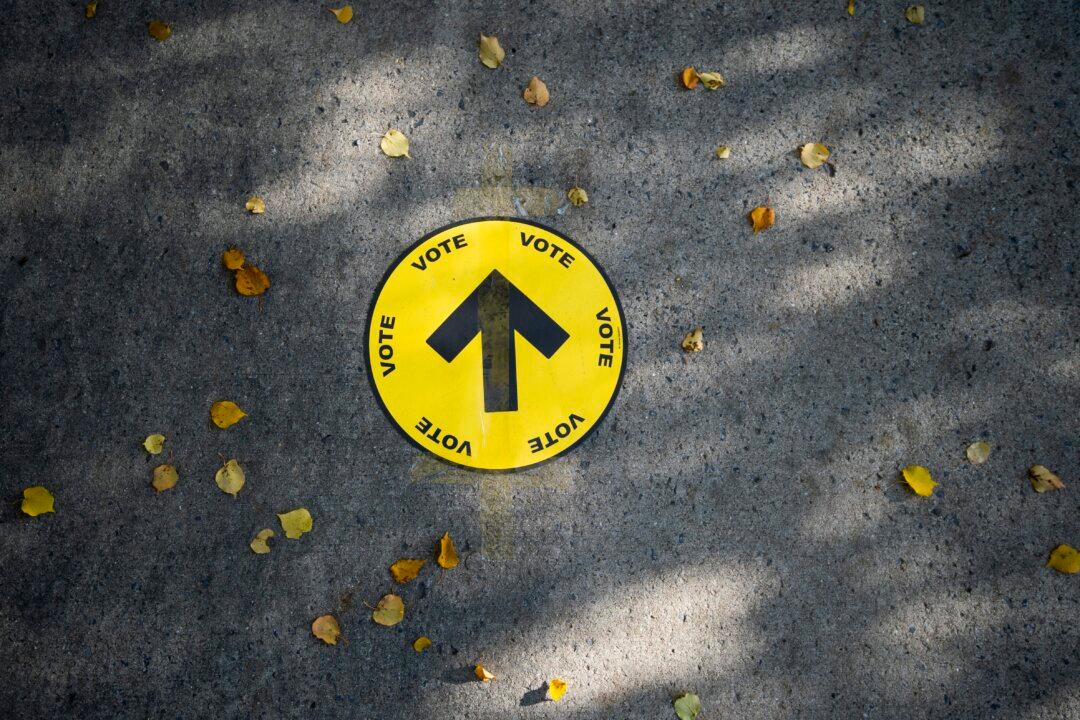News Analysis
Around two years ago, a surge of intelligence leaks about China’s interference in Canada’s elections forced the hand of the government to hold an inquiry into foreign meddling. Now, national security experts and China watchers are concerned that Beijing is getting a pass in the current election campaign, and some even fear that Beijing’s intimidation tactics have worked to silence criticism lest parties lose votes.





